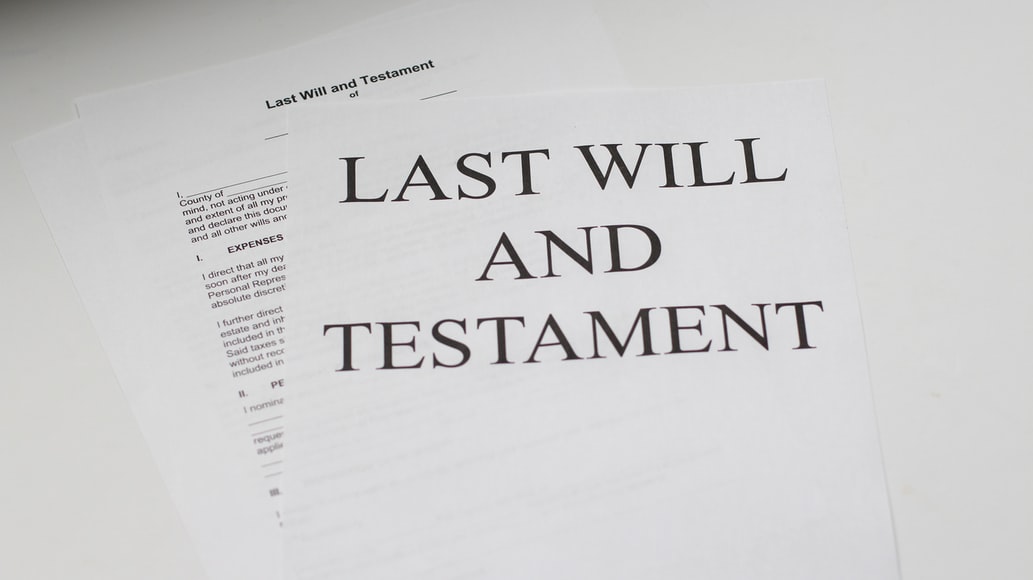Myth: A Will Avoids Probate
 Many people believe that once they have created a Will–whether drafted by an experienced attorney or using a do-it-yourself solution or online form–they have avoided probate. Unfortunately, they are wrong.
Many people believe that once they have created a Will–whether drafted by an experienced attorney or using a do-it-yourself solution or online form–they have avoided probate. Unfortunately, they are wrong.
A Will is a way to designate a person to wind up your affairs once you have died, determine who will get your hard-earned savings and property, and, if necessary, appoint a guardian to care for your minor children. However, it is not self-effectuating. The Will has to be submitted to the probate court to formally determine its validity, appoint the person you have designated, called a Personal Representative, and begin the process of distributing your money and property. Thus, having a Will allows you to specify who will be in charge of carrying out your last wishes and instruction and who will receive your estate assets, but it certainly does not mean that your estate will avoid probate.
Another way to view this is to understand that probate is the court process that is used to transfer title of property from a deceased person to his or her heirs or devisees when that property does not otherwise automatically transfer on death through joint ownership, beneficiary designations, and the like. In such a situation, there is no automatic transfer of ownership and any power of attorney that you had in place is terminated upon your death. Thus, there is no one with the legal authority to access and administer the property that is in your name only and that is where the Will and the probate process comes into play. The level of involvement by the probate court can vary depending on the circumstances, but this process is not private, as the Will becomes a matter of public record.
Jon




